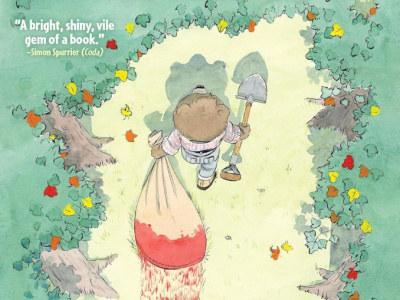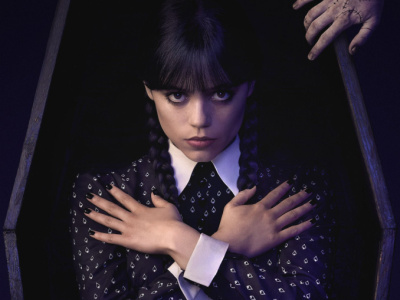
In September FUNimation will release the live action film, Love and Honor (Bushi no Ichibun 2007), the final film in director Yoji Yamada's Samurai Trilogy that began with The Twilight Samurai in 2002 and also includes The Hidden Blade (2004). All three films are based on stories by Shuhei Fujisawa, chronicle the lives of low caste samurai, and represent a fresh, nuanced approach to the jidaigeki (or period martial arts) genre.
While The Twilight Samurai is the best of the three films, Love and Honor will certainly please those who enjoyed the first two films in the trilogy. It features extremely strong performances by pop idol Takuya Kimura (of SMAP) as Shinnojo, the young samurai who goes blind, and by Rei Dan as his wife. The plot, which recalls 1930s melodramas like Josef von Sternberg's Blonde Venus, may be predictable, but it is elevated by the efforts of the fine cast and by director Yamada's superb attention to detail.
Yamada, a veteran director who has been directing since the 1950s, is a classicist who uses simple, supple camera movements and a restrained realistic style. His samurai films are immersed in the quotidian details of everyday life and effectively portray the economic struggles that shape the lives of these low-ranking warriors. Love and Honor's protagonist Shinnojo is stuck in the boring job of food tasting for the lord he serves until he is accidentally poisoned (and blinded) after eating some out-of-season shellfish. His blindness creates a new series of economic problems and strains relations with his extended family.
The film builds towards one climactic duel, but unlike the preternatural skills of the typical blind samurai swordsmen such as those displayed by the hero of the Zatoichi movies, who are more capable than their sighted opponents, Shinnojo struggles mightily with his disability and his final confrontation is far more realistically presented than the flashier swordfights so typical of the genre.







